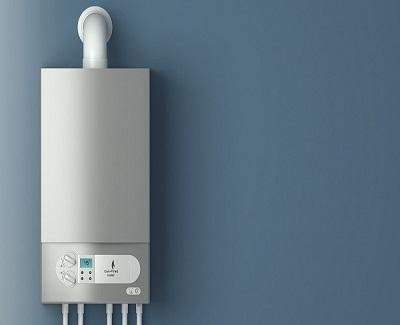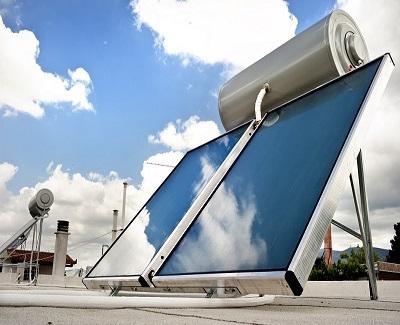Hot water systems alone are the 2nd biggest energy consumers of utility bills. This amounts for 25% of all the utility bill cost. In fact, the hot water systems in terms of energy consumption efficiency are:
- Electric instantaneous systems
- Natural gas instantaneous systems
- Natural gas storage systems
- LPG gas instantaneous systems
- LPG gas storage systems and least efficient are the
- Electric storage systems
Energy Efficient Hot Water System
The reason why electric instantaneous systems are the most efficient is that the water is heated directly at the shower or tap or at the point of use. It does not need to travel along 10-30 meters of cold pipe which other hot water systems use. Also, when the water travels along the 10-30 meters of pipe some of the heat energy is lost. So with so many types of hot water systems available in the market which is the one that help you reduce cost. Here are some tips for energy efficient water heaters which will help you save money on utility bills:

- Insulation blankets when added to the water heater increase its efficiency. This it does by retaining the heat and so it decreases the frequency of heating cycles. The pipes that are unprotected could also be insulated with pipe tape or foam. The cold water pipes should be insulated at least 4 to 5 feet near the water heater. When the temperature of the water that enters the heater is increased, the water heater bills are reduced. This can be done by various means but usually a tempering tank is put between the entrance of the water service and the water heater. The water thus comes to room temperature before it enters the heater. If this tempering tank is put in direct sunlight, it even raises the water temperature even more.
- A solar pre-heater could be installed that will heat the water before it enters the heater. This uses the sun’s energy to heat the water to a temperature where it will require very little extra heating at the heater itself.
Solar Hot Water System

- The heaters can be replaced by solar water heaters and that way fossil fuel energy can be completely done away with. This works in almost all climates and will save around 35% of the usual running costs.
- A tank which uses energy only when required is preferred to one that heats it all the time. Also the water heater should be placed in the kitchen or place where the most hot water is being consumed. The reason is that the hot water will not need to travel a long distance which in turn will result in less heat being wasted while the water is traveling.
- A tank which is the right size should be procured. When the tank is too large, the amount of energy used to heat the large amount of the water increases, thereby wasting precious resources. When the tanks procured are small, it results in a lot of time wasted in waiting for the water to be heated or when a person is bathing, the kitchen will run out of hot water. In new heating systems being installed, a heat loop is added so that hot water will not move in the pipes when it is not needed.
These are some of the methods that can be employed to decrease the expenditure in terms of running costs for the heating systems. However, a very useful tip is to stem all leakages. This will increase the wastage of both water and the energy which goes into heating the water.
